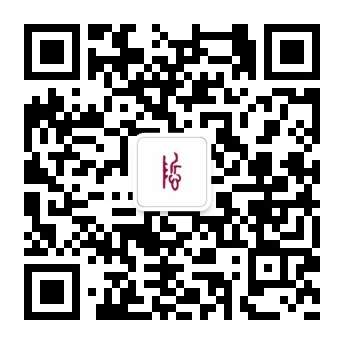Call for Papers:International Conference on Free Will and Moral Responsibility
Call for Papers
International Conference on Free Will and Moral Responsibility
May 8-10, 2020, Beijing, China
Questions about free will and moral responsibility have engaged philosophers since the time of Plato and Aristotle. Is Leontius acting as a full-functioning agent when he is compelled by his appetite to look at the corpses? Is his action blame-worthy? Can one form one’s character voluntarily? How does such capacity to form one’s character affect the ascription of moral responsibility? Is an immoderate agent less blame-worthy when his habitual immoderation is caused by factors beyond his control (e.g. constant privation of essential resources and bad upbringing)? How does the possibility of the physical universe being deterministic (or indeterministic) affect our free will and moral responsibility? Will our free will and status of moral agents be compromised if the Stoics are right about the physical universe being utterly deterministic? In view of the possibility of determinism informed by the advance of modern science, should we follow Spinoza and deny that we have the kind of free will required for moral responsibility? Or should we rather join the compatibilist league championed by Kant among other modern figures and think of the notion of free will required for moral responsibility as in some sense special hence unimpaired by determinism (at least some version of it)? What lesson, if any, can we learn from the long historical discussion on the topic?
It is highly intuitive to think that free will is required for holding people accountable for their actions. The commonsense sides with philosophers in holding that one can’t be reasonably praised or blamed for her action if her action isn’t, in some robust sense, up to her. How should we unpack the notion of free will or up-to-oneself at stake? Is the mere absence of external coercion enough for ensuring the existence of the relevant kind of free will? If not, what in addition do we need? Some leeway for acting otherwise? Some evidence that the agent herself initiates the action or serves as the source of the action? Finally, how does each way of answering the question square with the possibility that our actions are determined by factors that are not under our control? Does the leeway or source view require the falsity of determinism thus characterized?
We are looking for papers that address these central questions in the free will literature. We especially welcome papers that bring historical texts and discussions to shed light on the current literature. Although the conference itself will be mostly focusing on the Western philosophical tradition, we would also consider comparative papers that draw from the non-Western traditions. The presentation is expected to be around 50 minutes, including a 10-15 minutes Q&A. To be considered for the presentation, please send your full paper or a long abstract (500-1,000 word in English, 1,000-2,000 in Chinese) to Dr. Xing NAN (nanxing@pku.edu.cn) by March 1st, 2020. We’ll inform you of our decision about your submission no later than April, 1st. For further inquiry about the conference, please contact Dr. Xing NAN (nanxing@pku.edu.cn) or Dr. Zeyu CHI (zc255@cornell.edu).




